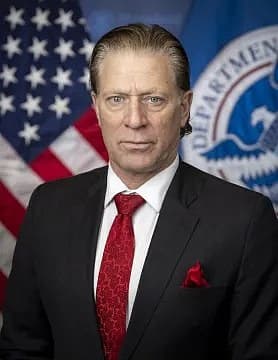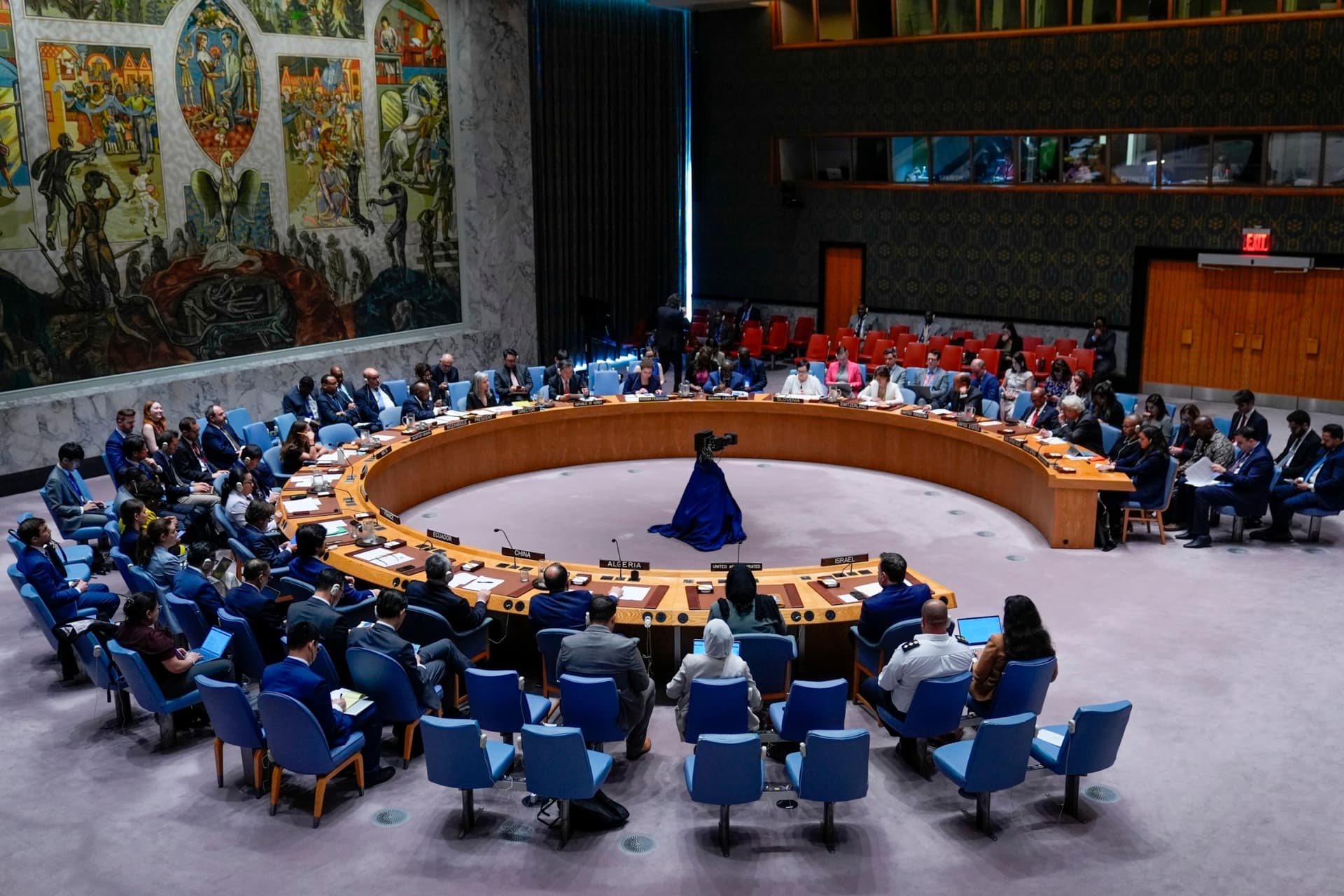Acting FEMA Director David Richardson Resigns, Raising Leadership Concerns
Acting FEMA Director David Richardson resigned on November 17, 2025, creating an immediate leadership vacancy at the agency responsible for coordinating national disaster response. The departure matters because it comes as federal operations resume after a shutdown and as extreme weather and security pressure test the government safety net, increasing the need for clear succession and steady policy direction.

David Richardson stepped down as acting director of the Federal Emergency Management Agency on November 17, 2025, creating a gap at the top of the agency charged with coordinating federal disaster relief and preparedness, CBS News reported. The resignation thrust FEMA into a period of uncertainty at a time when the federal government is resuming operations following a shutdown and when the nation faces multiple emergency management challenges.
FEMA plays a central role in disaster declarations, the distribution of federal emergency funds, and coordination with state and local emergency managers. Leadership transitions at the agency can affect decisions on major disaster and emergency declarations, the timing of grant awards, and the Bureaucratic continuity needed during severe weather events and other crises. The agency also manages logistics and supplies in declared disasters, and its leaders serve as a key liaison between governors, municipal officials, and federal partners.
The resignation arrives amid heightened expectations for federal responsiveness. In recent days an Arctic blast has affected parts of the eastern United States, increasing demand for state and local emergency services. At the same time, broader geopolitical tensions and military movements in the hemisphere have drawn federal attention to national security issues that can compete for resources and staff focus. Those overlapping pressures amplify the importance of an accountable, confirmed leadership team at FEMA capable of long term planning and rapid operational decisions.
Institutionally, the vacancy raises questions about the use of acting officials and the pace of permanent appointments. Federal law includes mechanisms for temporarily filling senior positions, but prolonged acting tenures have been criticized for reducing accountability and complicating congressional oversight. A permanent director requires nomination by the president and confirmation by the Senate, a process that can be slowed by partisan divisions and competing legislative priorities. The recent shutdown highlighted how political standoffs in Congress can ripple into agency functioning, affecting budgets, staffing and the scheduling of confirmation votes.
For governors and mayors, the immediate concern will be continuity of existing relief operations and clarity on decision making for new requests. State emergency management officials often rely on predictable federal procedures to plan staffing, warehousing and distribution of aid. Nonprofit organizations and private sector logistics partners similarly need steady federal coordination to deploy volunteers, equipment and supplies effectively.
The resignation also has implications for civic engagement. Communities affected by disasters depend on transparent communications about aid eligibility, timelines for assistance, and the criteria for disaster declarations. Officials at every level are likely to face increased pressure from constituents seeking prompt explanations and action.
Absent an immediate successor, FEMA faces a test of its institutional resilience. Agency career officials administer many programs, but the public face and policy direction of FEMA are set by its director. Observers will be watching for a timely nomination, a clear transition plan and renewed congressional attention to the oversight role Congress must play to ensure the nation’s preparedness and response capacity remains robust.

